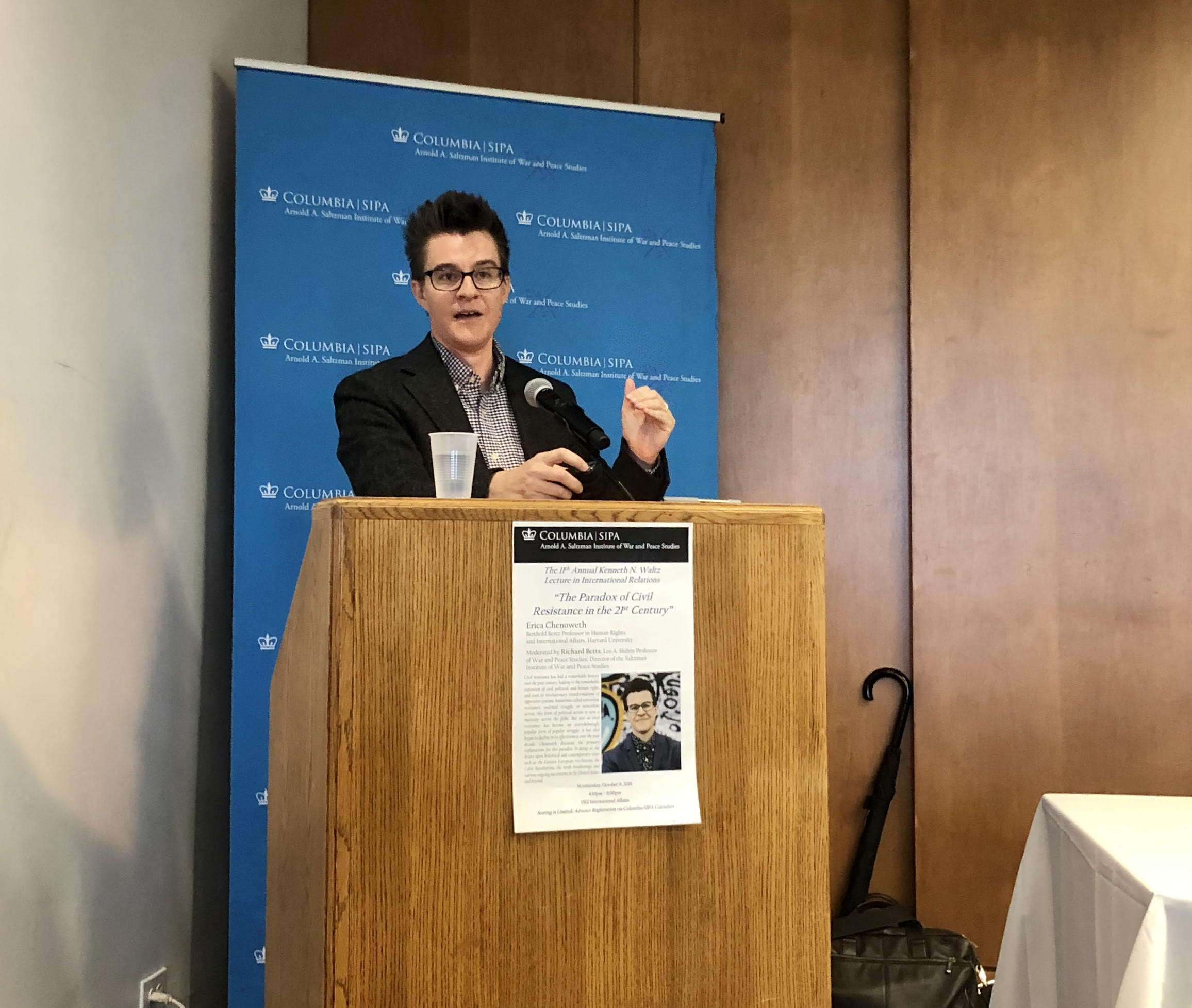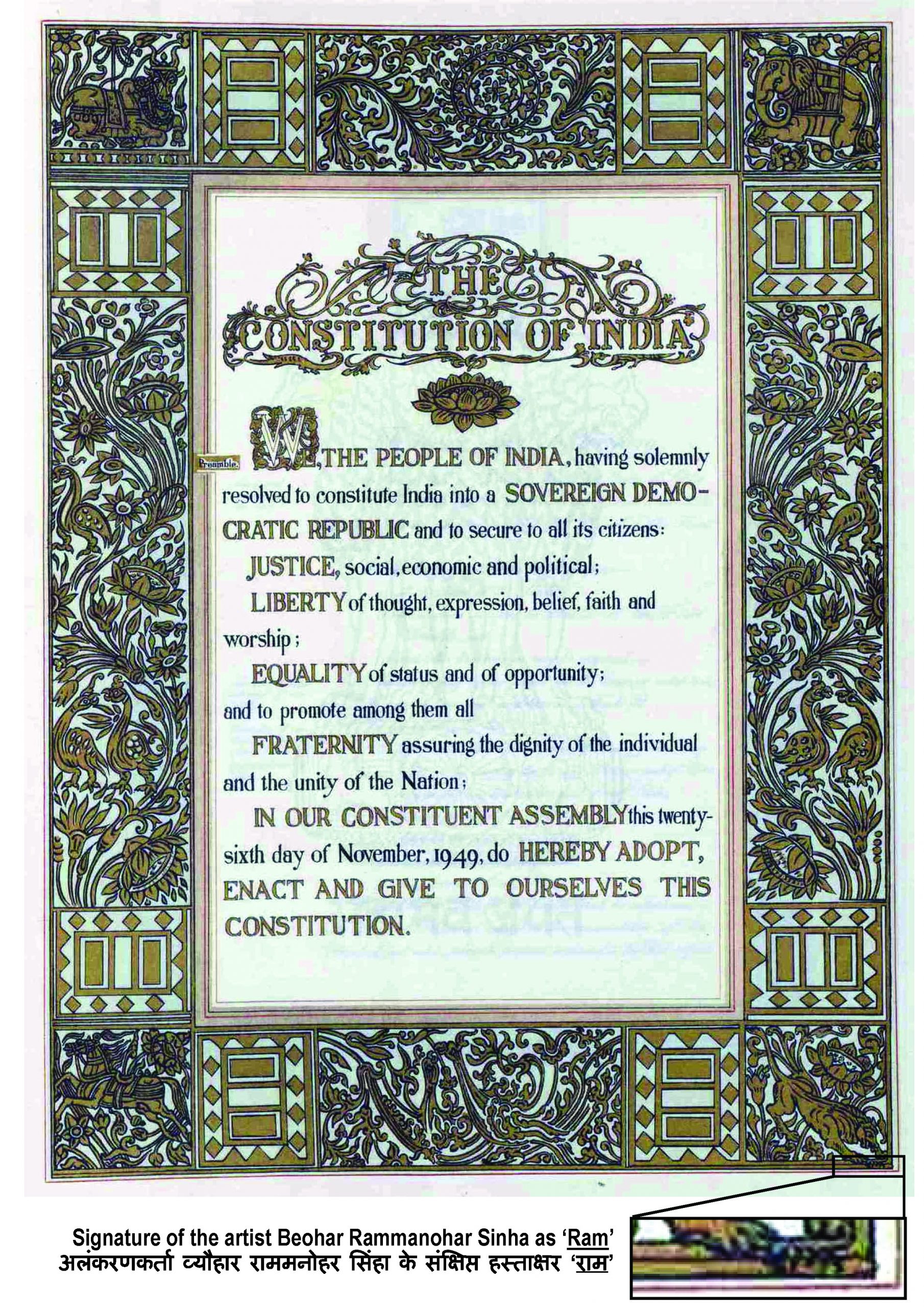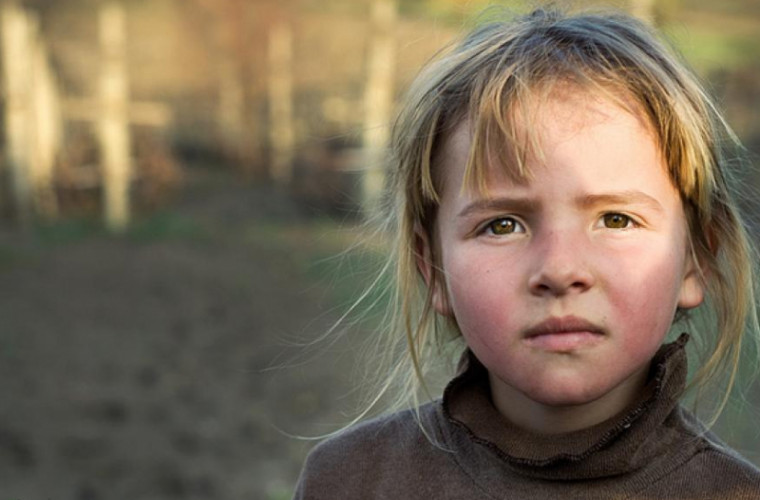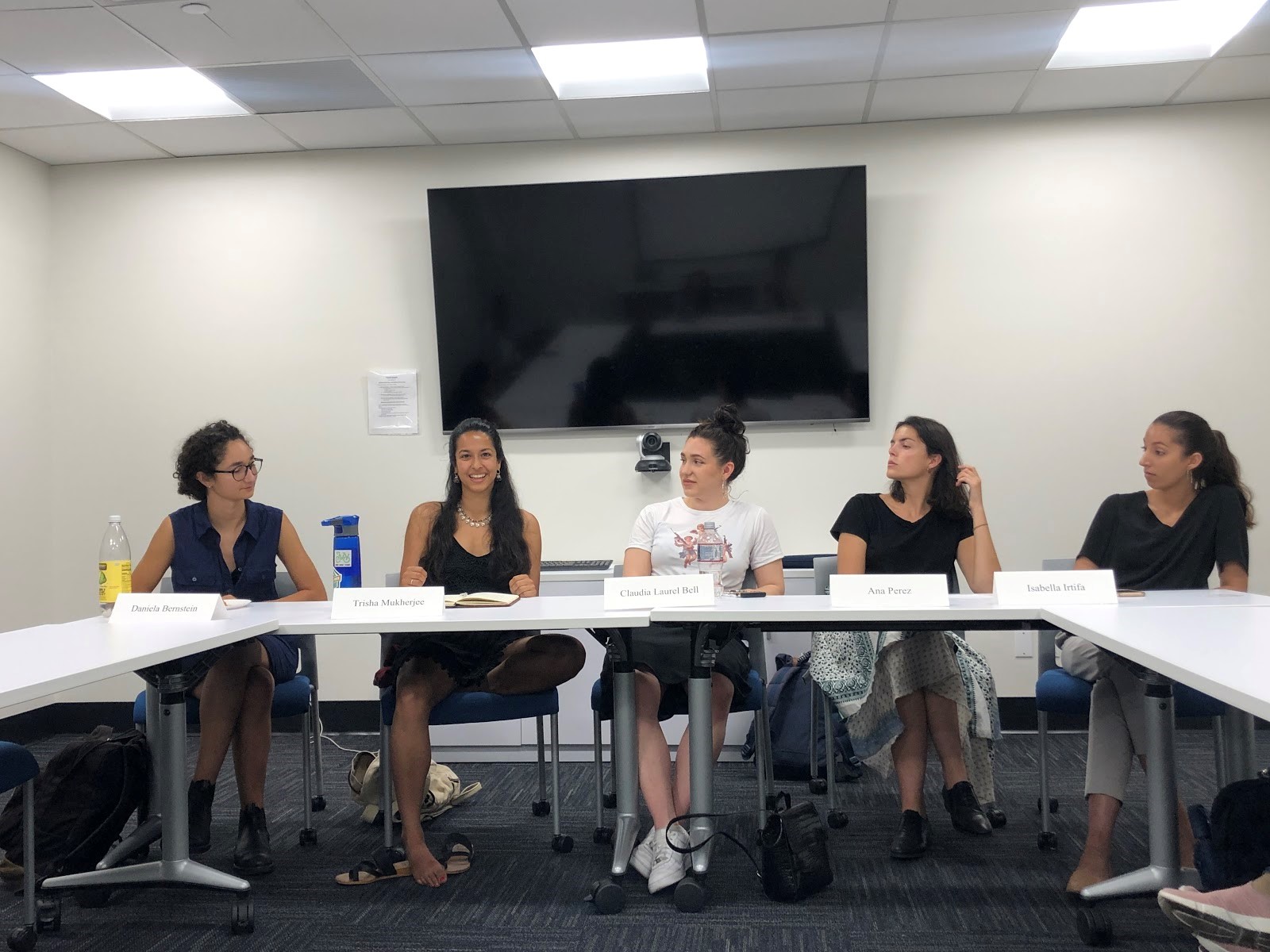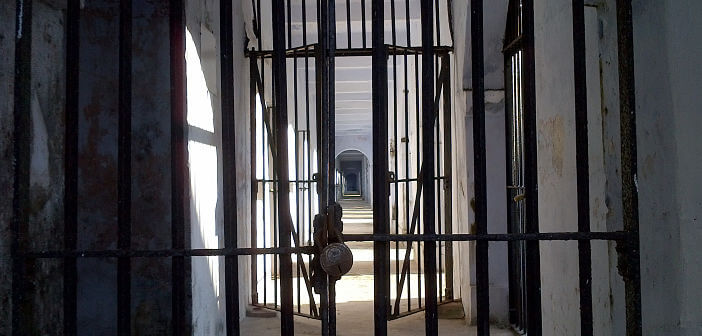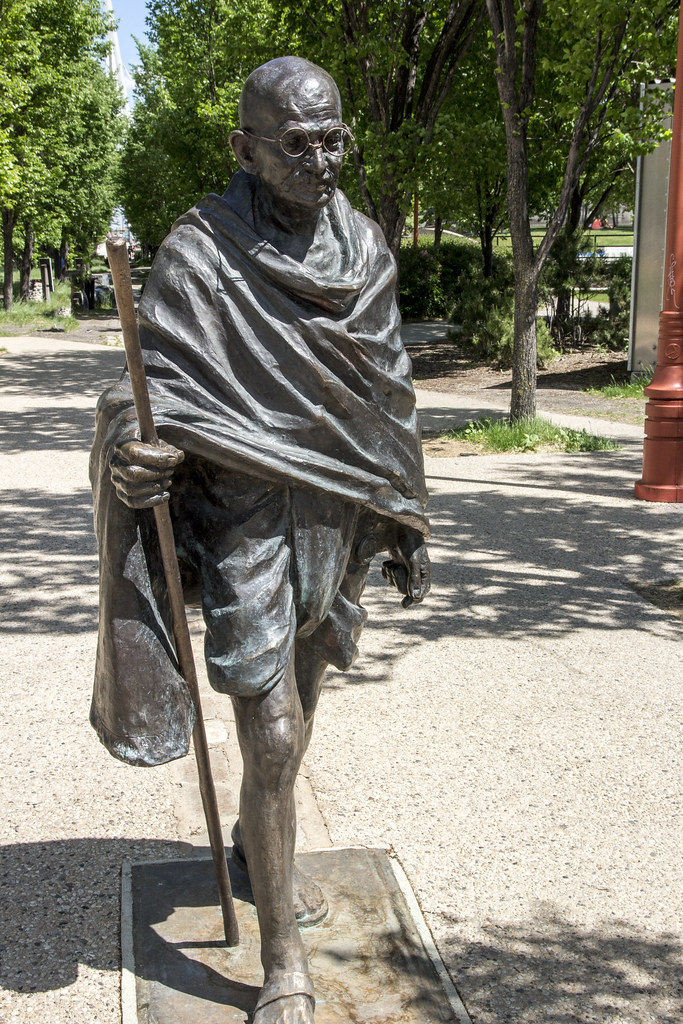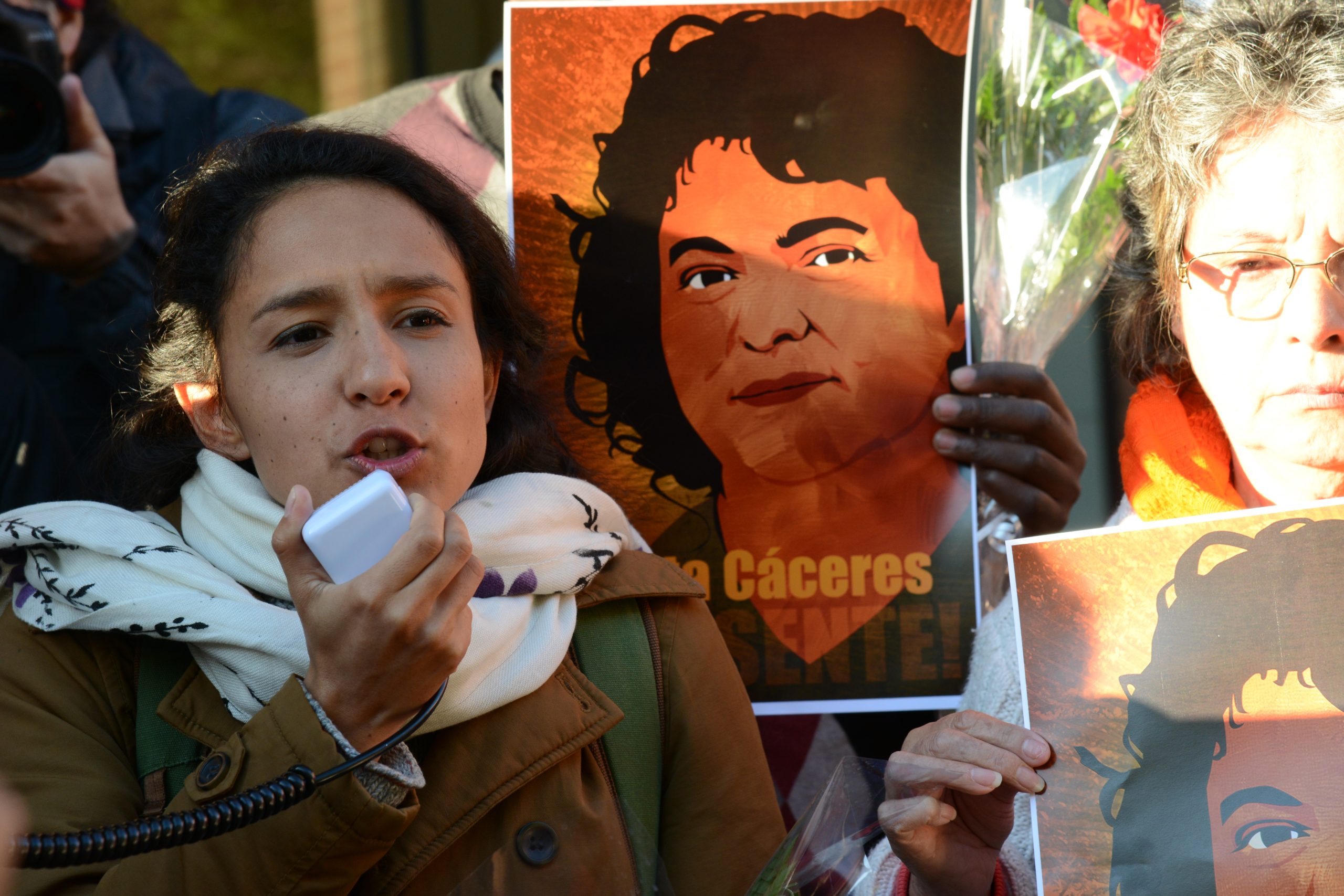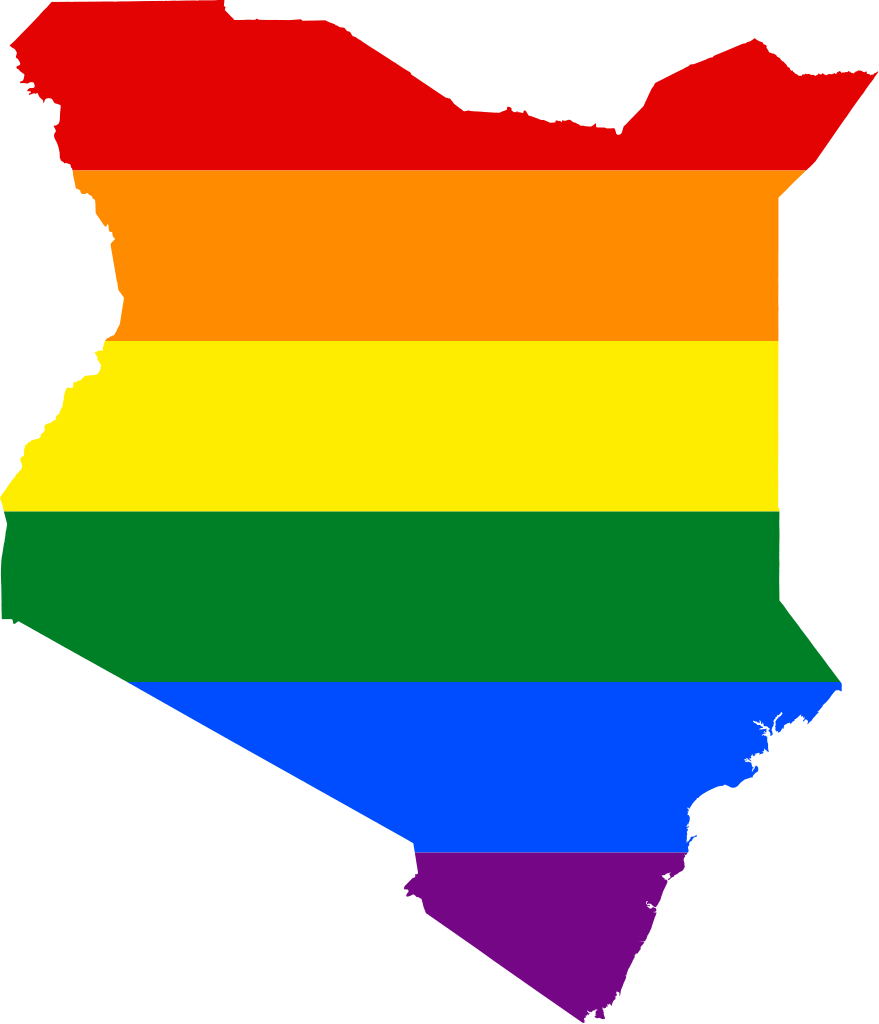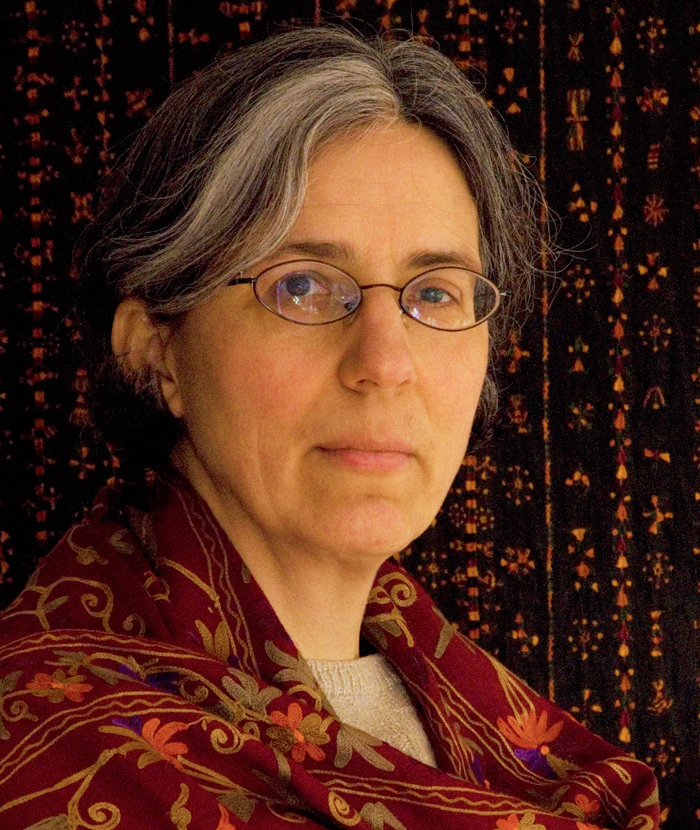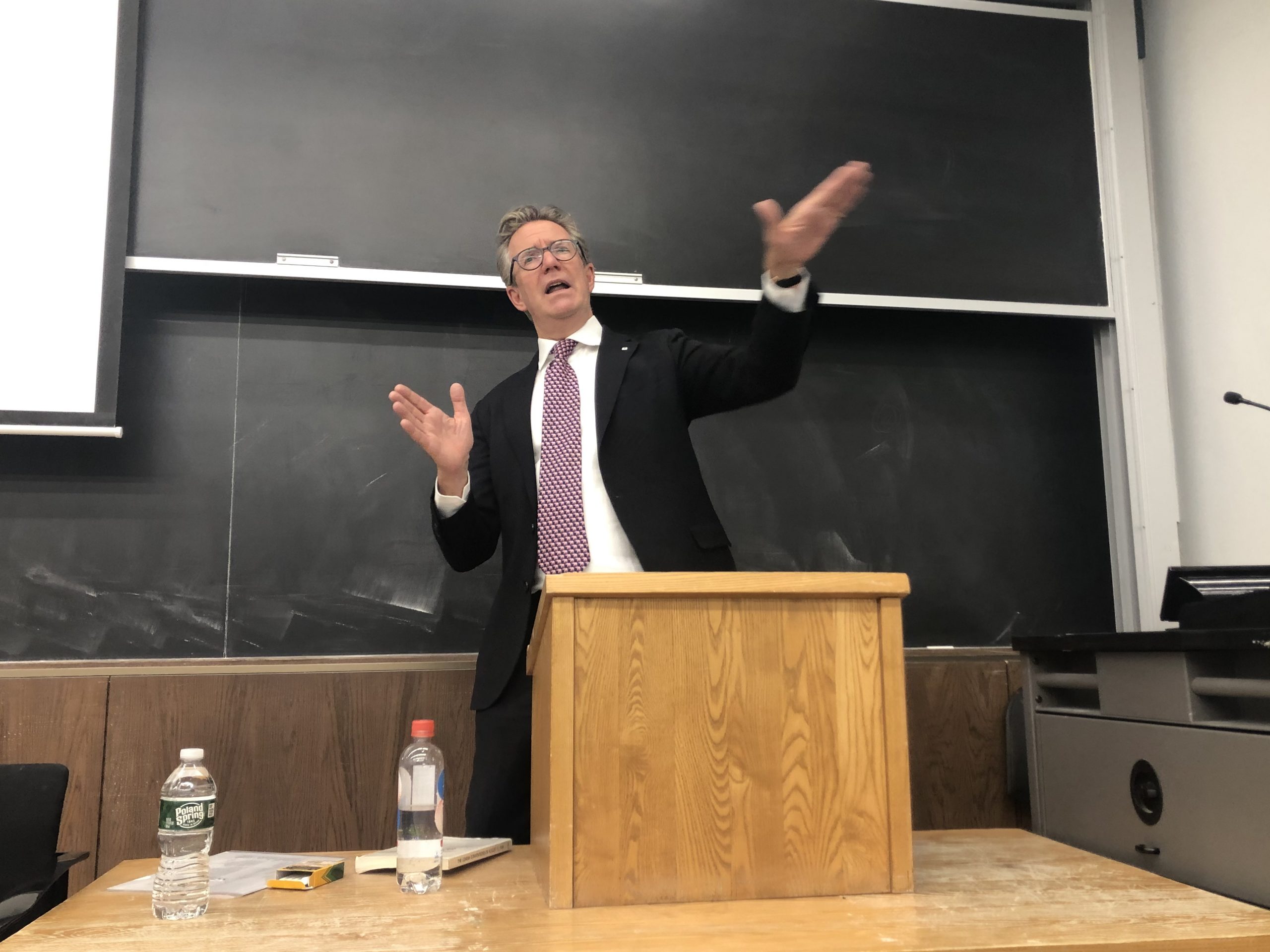
A Living Text? Dr. Hugo Slim on War, Humanity, and the Geneva Conventions under the ICRC’s Mandate
By Rowena Kosher, Co-Editor of RightsViews
The International Committee of the Red Cross’ (ICRC) reverence for its mandate to the Geneva Conventions was obvious as Columbia students welcomed Hugo Slim, ICRC’s Head of Policy and Humanitarian Diplomacy Division, to speak on “War and Humanity: Challenges and Trends in the 70th Year of the Geneva Conventions” on November 6.
From its founding in 1863 in Geneva, the ICRC has been committed to the provision of international humanitarian aid, embedding itself as one of the core players in international humanitarian law (IHL) as it developed over time to regulate jus in bello, or the “conduct of war.” It was the ICRC that convinced states in 1864 to adopt the very first Geneva Convention, creating a universal obligation of care for all wounded soldiers. From that moment on, it was also the ICRC that ultimately headlined what the IHL community now holds as some of its most fundamental texts: the four Geneva Conventions of 1949...

